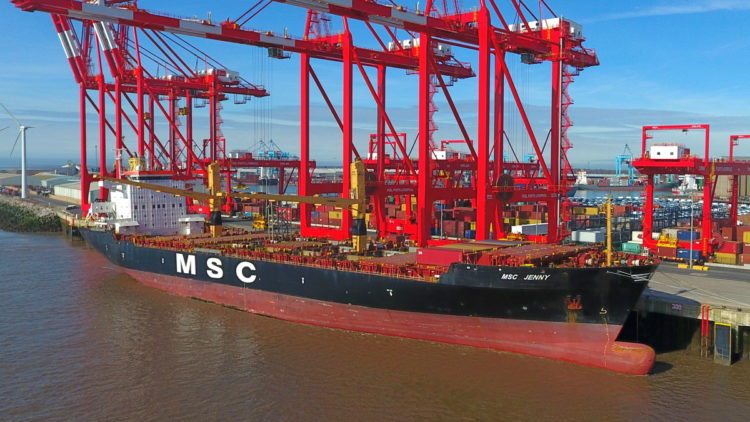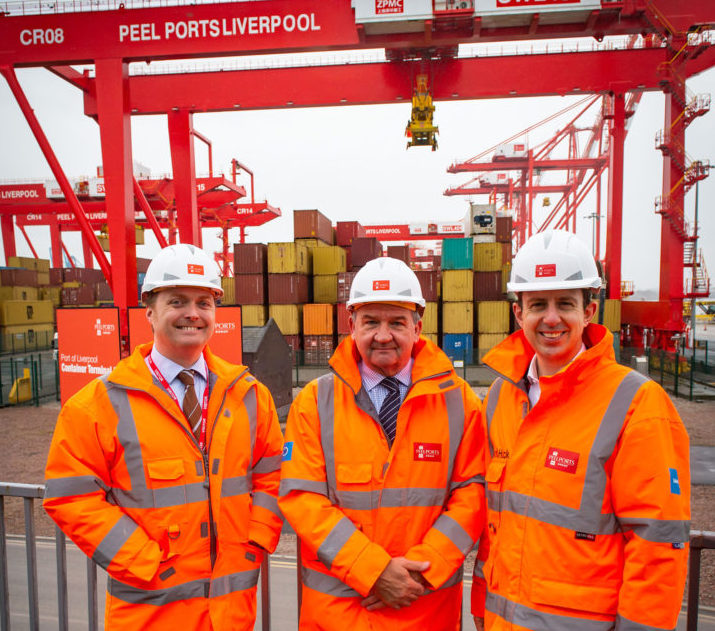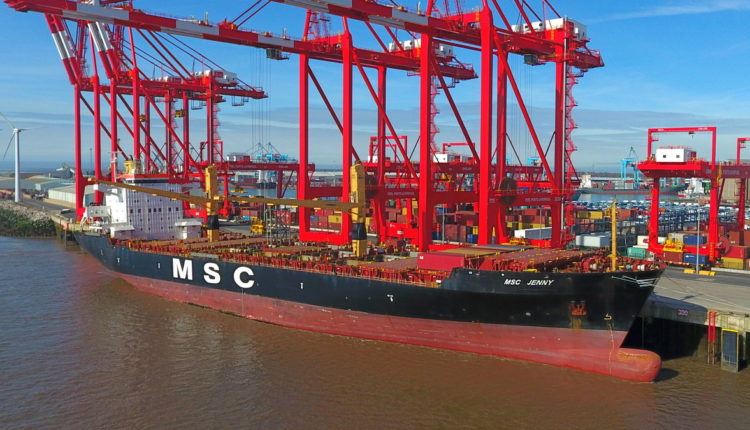Mersey maritime sector can turbo-charge post-Brexit UK economy
New report reveals the maritime sector clustered around the Mersey directly drove just under £2bn in domestic output through business turnover in 2017. Tony McDonough reports

Liverpool city region’s maritime sector could be a major driving force for the UK economy post-Brexit as a new report shows just what a powerhouse it has become.
Industry body Mersey Maritime, working with Maritime UK and the Centre for Economics and Business Research (CEBR), commissioned the report to determine how important the region’s maritime industry is to the national economy and the Liverpool city region.
It found that the maritime sector clustered around the Mersey directly drove just under £2bn in domestic output through business turnover in 2017.
Compared to 2010, Liverpool city region’s domestic output levels across the sector have grown by 118% – approximately £1bn. It also produced £650m in GVA and 7,899 new jobs in the the city region in 2017.
Merseyside also outperformed the UK average GVA per employee. In 2017, LCR maritime productivity stood at £81,461, while the UK average sat at £54,330.
The new report, The Economic Contribution of the Maritime Sector in the Liverpool City Region, also found that:
- For every £1 generated by the maritime sector in the LCR, the wider economy benefits by £2.64.
- The maritime sector is a growing one for the LCR, with a growth forecast for 2019-2023 of 16% cumulative.
- 52,000 jobs across the region are related to the maritime supply chain, while 7,900 are direct jobs supported by the sector.
- Marine engineering and scientific industry grew the most (158 per cent between 2010 and 2017).
The maritime sector supports other major sectors of the economy, such as offshore oil, gas and renewable energy, as well as automotive exports. For the purposes of the report the maritime sector has been defined as consisting of the ports, shipping, leisure marine, marine engineering, and scientific and maritime business services industries.
Chris Shirling-Rooke, chief executive of Mersey Maritime, said: “The national report showed the industry to be a massive contributor to the economic wellbeing of the UK and the findings of this new report have confirmed how significant the LCR contribution is within that.
“It’s even more remarkable considering that they exclude non-maritime logistics operations. These positive findings are a real vote of confidence in the dynamism and hard work of the people Mersey Maritime deal with on a day to day basis, our members.”

The report explains that the footprint of the maritime sector in the LCR is extensive and diverse, spread across areas of transport, infrastructure, training, business services and equipment manufacturing. Within these sub-sectors are goods and services which are highly exportable, giving renewed hope for the UK’s export potential in a post-Brexit trading landscape.
The LCR report follows on from the national report produced by CEBR and Maritime UK which showed that the maritime sector contributes £46.1bn to the UK economy – an £8.3bn increase since 2010.
Mark Whitworth, chief executive at Port of Liverpool operator Peel Ports, said: “The maritime sector is an enabler of trade, ensuring the supply of energy, food and commodities – the import and export of which is crucial for other UK businesses to thrive.
“As we look ahead to a post-Brexit trading future, Liverpool is not only strategically located for imports and exports, it has the relevant investment and infrastructure to make it the UK’s most important and valuable trade link with the rest of the world.”

